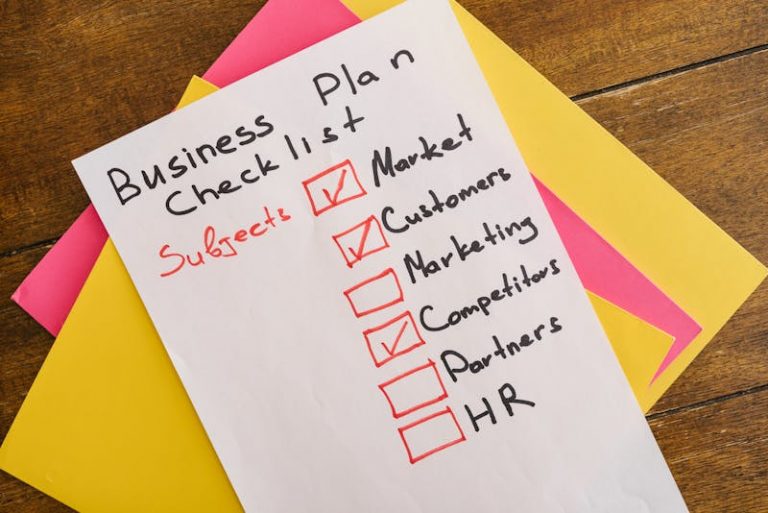

Many people don’t know where to begin when it comes to knowing their own civil rights. Sometimes, you are wronged by the system — whether that “system” refers to your employer, or perhaps someone in an even greater position of authority. Just because they are in that position of authority doesn’t mean that you have to put up with being treated unfairly. In cases like these, some choose to pursue their civil rights in a court of law, often through personal injury litigation. However, no matter how clear cut your case may seem, you’ll still have a fight on your hands. Some plaintiffs choose to drop their cases early — or settle for less than they should — simply because they’ve been convinced that they can’t handle the stresses of a case. In fact, a civil rights litigation case doesn’t have to be a big unknown. Although it’s impossible to predict exactly how things will play out in court, you can either avoid a heavy court battle entirely through mediation services, or prepare for you case through things like mock trials. Below, we’ll explore your options in terms of avoiding court entirely, and preparing for court should you end up pursuing it.
Do Civil Litigation Cases Have To Go To Court?
Civil court cases are perhaps less common than you might think. Whereas it’s difficult to avoid going to trial if a defendant is brought up on federal charges, civil suits are different. Some plaintiffs choose to drop their cases early because they feel like they would lose more during a court battle than they stand to gain should they win. Deciding not to go to court doesn’t mean that you’re losing, however. It’s estimated that in 1962, about 11.5% of federal civil cases went to trial. Today, experts estimate that that number is closer to 1%. Lots of plaintiffs are happy with settling before a trial — it just depends on what they’re being given through that settlement. When it comes to civil rights litigation, plaintiffs are often looking for compensation — not to make up for how they were wronged, but to pay for things like medical bills, or bills that built up while the plaintiff was out of work. They might also be looking for compensation for emotional distress. All of these are valid concerns, and in some cases settlements that cover this compensation can be reached prior to the case going to court.
What Are Mediation Services?
Mediation services are ways through which people can work out a case before it goes to court. Essentially, a mediation session would involve the plaintiff’s team and the defendant’s team discussing how the issue at hand could be resolved while avoiding court. This benefits the defendant in that they can avoid the publicity associated with court, and for that matter the full ramifications of a loss in court. The plaintiff, conversely, will definitely get something, versus risking getting nothing — and can avoid court fees. Mediation should be considered in most cases prior to court. Even if it doesn’t work out, many people feel better knowing that they tried everything they could before resorting to court. Should a case go to court after an attempt at mediation, however, the legal teams involved need to be prepared in whatever ways possible.
What Are Mock Trials?
Mock trials are exactly what they sound like — “fake” trials that allow legal teams to work through their strategies with mock juries and the like. Often, they are offered by consultation firms that involve former judges and attorneys with a lot of experience in the litigation field. Judges in this field know what they’re doing. One judge, for example, conducted over 150 jury trials and presided over hundreds of patent cases, as well as over 150 claim construction hearings. Another served as a U.S. District Court judge. By working with people like these, you’ll get the best idea of what to expect, and how to build a case that is rock solid.






